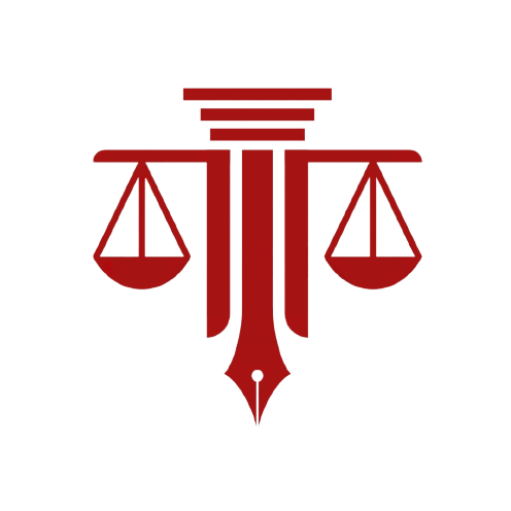Blockchain technology has emerged as a disruptive force, revolutionizing various industries and transforming the way transactions and data are recorded, verified, and secured. As this technology continues to evolve, it brings both opportunities and challenges for the legal environment. This article explores the impact of blockchain on the legal industry, highlighting its potential benefits, legal implications, and areas of concern that lawyers need to address.
Understanding Blockchain Technology
Blockchain is a decentralized, distributed ledger technology that enables secure and transparent recording of transactions across multiple participants. It operates on a peer-to-peer network, where each transaction is added to a “block” and linked to previous blocks, forming an immutable chain of data. Blockchain’s key features, including decentralization, transparency, and cryptographic security, have the potential to revolutionize legal processes, such as contract management, intellectual property protection, supply chain management, and more.
Smart Contracts and Automation
One of the most promising applications of blockchain technology in the legal industry is the use of smart contracts. Smart contracts are self-executing contracts with the terms of the agreement directly written into code on the blockchain. They automatically execute actions when predefined conditions are met, eliminating the need for intermediaries and streamlining transaction processes. Lawyers can leverage smart contracts to automate routine tasks, reduce costs, increase efficiency, and enhance the security and enforceability of contractual agreements.
Legal Implications and Regulatory Framework
The adoption of blockchain technology poses various legal implications that require careful consideration. Existing laws and regulations related to contract validity, identity verification, intellectual property, data protection, and financial transactions may need to be re-evaluated to accommodate the unique features and challenges of blockchain. Lawyers play a crucial role in helping shape the legal and regulatory framework surrounding blockchain, addressing issues such as privacy, data ownership, jurisdictional challenges, and dispute resolution in a decentralized environment.
Data Privacy and Security Challenges
Blockchain’s transparency and immutability can clash with data privacy regulations, such as the GDPR. While blockchain offers enhanced security through cryptographic techniques, it can also present challenges when it comes to the right to be forgotten and the management of personal data. Lawyers must navigate this complex landscape, advising clients on striking the right balance between data privacy and the benefits of blockchain technology, including the use of private or permissioned blockchains and off-chain data storage solutions.
Smart Contract and Code Audits
As smart contracts become more prevalent, it is essential to ensure the reliability and security of the underlying code. Lawyers may need to engage in code audits to verify the accuracy, completeness, and legal enforceability of smart contracts. Additionally, legal professionals can provide guidance on dispute resolution mechanisms for smart contract disputes and explore the legal enforceability of code-based agreements in different jurisdictions.
Intellectual Property and Blockchain
Blockchain has the potential to transform intellectual property (IP) management and protection. Lawyers can explore the use of blockchain for timestamping, provenance tracking, and digital rights management. However, challenges such as the identification of IP owners on a decentralized network and the protection of trade secrets in a transparent ledger environment require legal expertise to ensure effective IP protection and enforcement.
Conclusion
Blockchain technology holds immense promise for the legal industry, enabling greater efficiency, transparency, and security in various legal processes. Lawyers must stay abreast of the evolving blockchain landscape, understanding its potential benefits, legal implications, and challenges. By embracing this technology, legal professionals can guide their clients in leveraging blockchain’s potential, shaping the legal framework, addressing privacy and security concerns, and ensuring compliance with existing regulations. By embracing innovation while maintaining a keen focus on legal implications, the legal industry can effectively adapt to the transformative power of blockchain technology.
